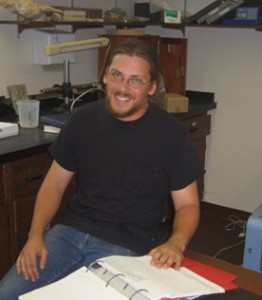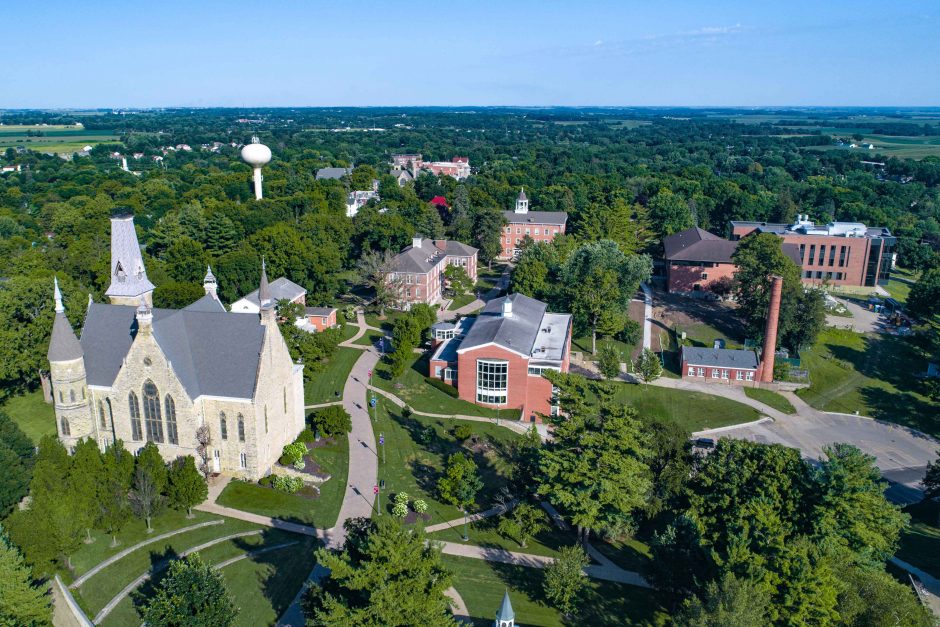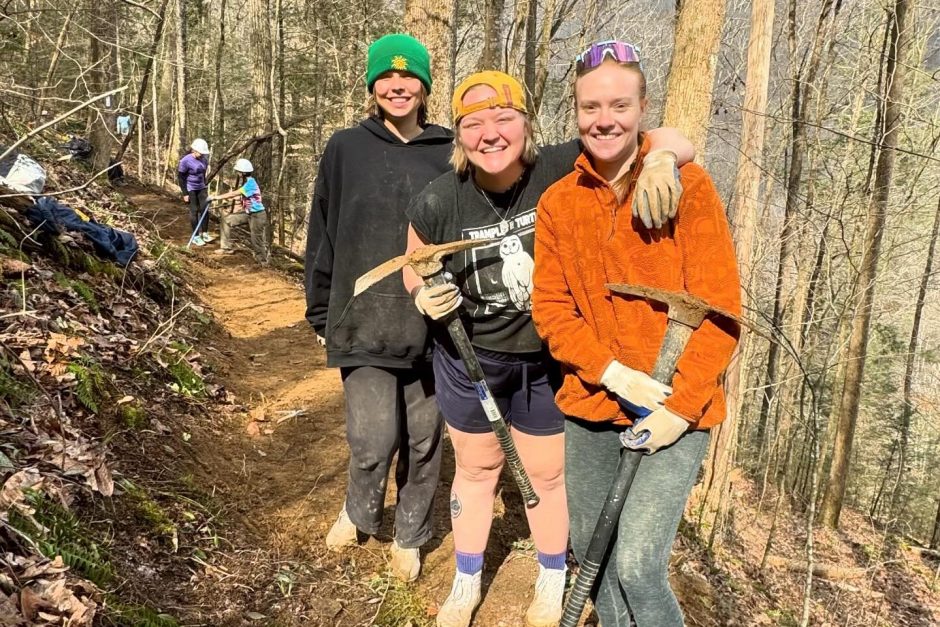Rhodes’ research paves way for outstanding graduate program
Kris Rhodes ’08 completed a paid internship with the Smithsonian Institution in the summer of 2007, working in the Department of Paleobiology of the National Museum of Natural History. Rhodes worked closely with paleontologists at the Smithsonian to develop climate reconstructions from Late Paleozoic (280 million years old) fossil leaf assemblages.

Rhodes went through two collections of Permian-aged fossils and assessed the similarities and differences between them and other collections. This involved examining specimens with a hand lens, recording the data, doing fossil prep work, and photography. Data were analyzed in various computer programs.
“We got some very interesting results that support the larger story of climate change that we were hoping to find,” Rhodes says.
Rhodes presented his work at the Geological Society of America’s 2007 national meeting in Denver, as well as at the Cornell Student Symposium. As a Cornell student, Rhodes completed additional research in geology with Professor Ben Greenstein and in biology with Professor Marty Condon.
With Greenstein, he worked on the fossilization potential of a group of sea urchins called the Cidaroids. The research findings were presented at a regional GSA meeting.
With Condon, he examined Costa Rican flies, finding an interesting correspondence between wing size and the altitude at which the flies live. The results were presented at the Evolution 2006 meeting in Stony Brook, New York.
“The best thing about geology at Cornell is that you get lots of time with the professors,” Rhodes says. “They’re all active in research and cover a diverse range of interests. They’re enthused about getting students involved with them on projects.”
Rhodes will pursue graduate studies in paleontology at the University of Iowa beginning in September, 2008. The program was among the top rated in the nation by U.S. News and World Report in America’s Best Graduate Schools 2009.



